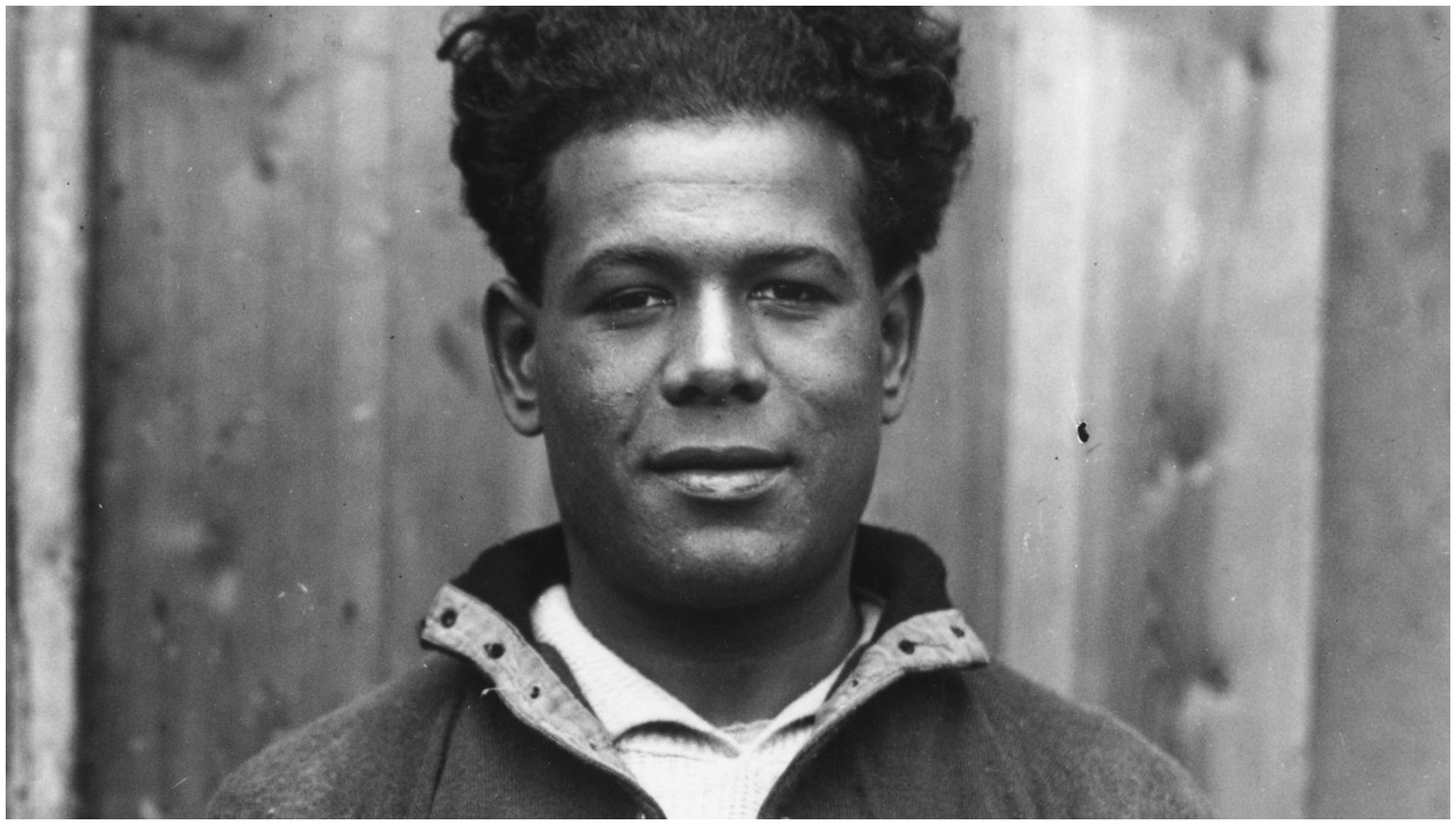A special blue plaque now honours the remarkable career of Jack Leslie, the first Black footballer ever selected for an England national squad. Though he never got the chance to represent his country on the pitch, his contribution to the sport and his resilience in the face of racism are finally being celebrated.
The plaque has been unveiled in Plymouth, outside the home where Leslie once lived during the height of his football career. This tribute arrives exactly 100 years after his historic England call-up in 1925.
Honouring Jack Leslie’s Football Legacy in Plymouth
Jack Leslie’s football journey is nothing short of incredible. Between 1921 and 1934, he scored 137 goals in 400 matches for Plymouth Argyle Football Club. The inside-left forward became a fan favourite and a local legend for his sharp skills and determination on the field.
The new blue plaque has been placed at 8 Glendower Road in Plymouth, where Leslie lived with his wife Win. It reads:
“JOHN ‘JACK’ LESLIE 1901 – 1988 Captain of Plymouth Argyle FC and the first Black footballer selected for England lived here.”
The ceremony was led by Historic England’s chief executive Duncan Wilson, alongside Leslie’s proud granddaughters Lesley Hiscott, Gillian Carter, and Lyn Davies.
A National Call-Up Denied by Prejudice
Back in October 1925, Leslie received life-changing news. He was selected as a reserve player for England’s national football team — the first Black player to receive such an honour. However, excitement quickly turned to heartbreak.
When selectors discovered Leslie’s racial heritage, the call-up was quietly taken away. No official explanation was offered at the time, but racial prejudice was widely believed to be the reason. He was never given the opportunity to wear the England shirt.
Despite this setback, Leslie refused to let racism stop him. He carried on shining for Plymouth Argyle, even becoming team captain and leading them to promotion.
The Long-Awaited Recognition of a Trailblazer
Although Leslie passed away in 1988, his story gained renewed attention in recent years. In 2020, The Jack Leslie Campaign successfully raised £140,000 to erect a bronze statue outside Plymouth Argyle’s Home Park stadium.
Three years ago, the Football Association (FA) presented Leslie’s family with a posthumous England cap. The FA admitted that the decision to withdraw his 1925 selection “should never have happened.”
Leslie’s granddaughters expressed their gratitude at the plaque unveiling, saying:
“Our grandad made a major contribution to the history of not only football but the integration of Black people into our communities. He was a true trailblazer, and we will always be immensely proud of him.”
A Lasting Inspiration for Future Generations
Duncan Wilson of Historic England described Leslie’s story as one of resilience and courage:
“While he never played for his country, Leslie’s story serves as an inspiration for current generations to continue to challenge racial boundaries in sport.”
Before Leslie, pioneers like Arthur Wharton, Walter Tull, and Fred Corbett laid groundwork for Black footballers in England. After Leslie’s denied call-up, it took another 53 years for Viv Anderson to become the first Black footballer to officially play for England in 1978.
Today, Leslie’s legacy stands tall — both through his statue and the blue plaque — reminding us of football’s complicated past and the power of recognition, even if long overdue.





